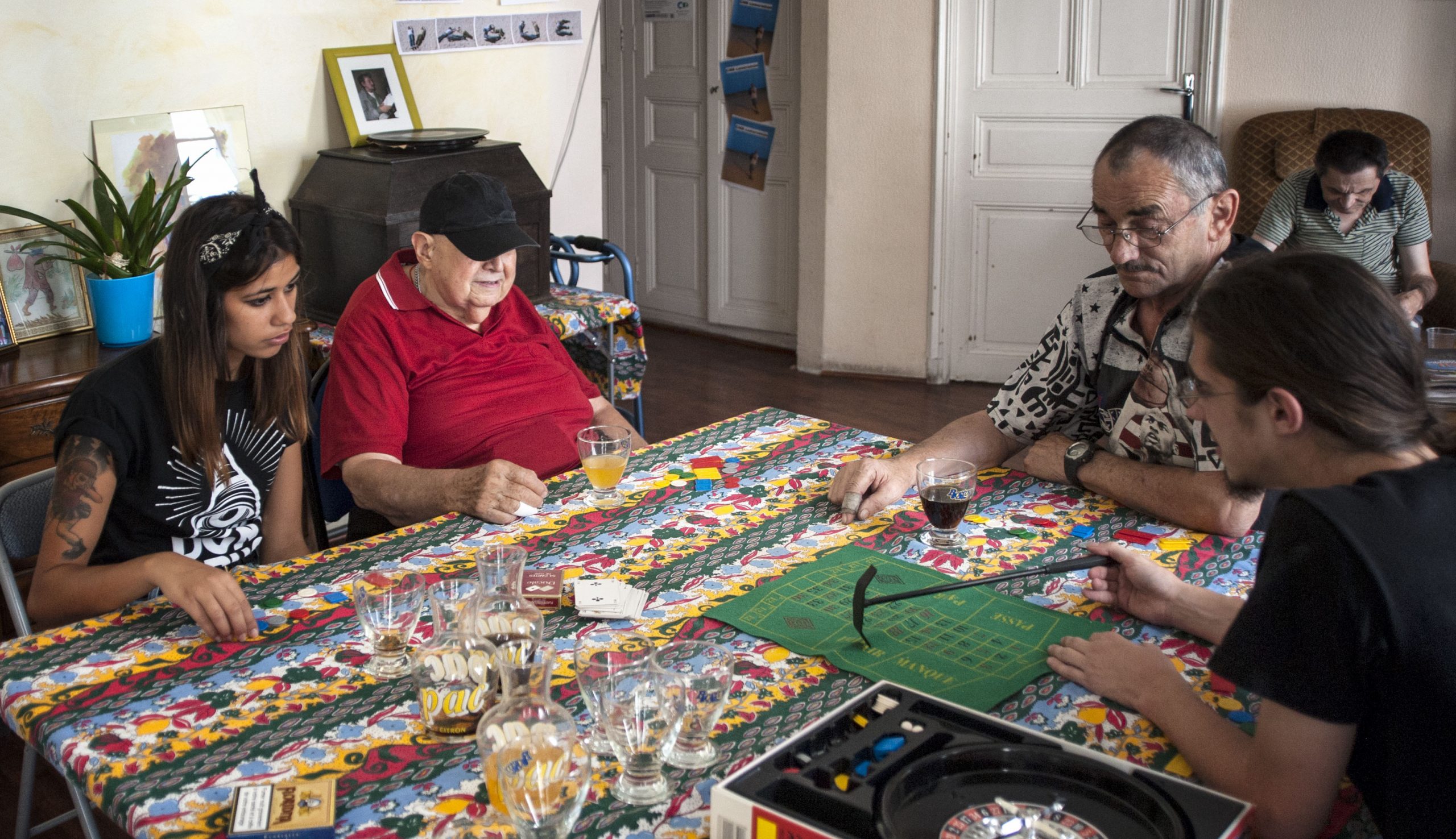Her face lit up the room as we walked in. “You came back!” she exclaimed, a look of surprise on her smiling face.
“We told you we’d be back!” my fellow volunteer replied.
We sat down across from her and began what proved to be another lovely, entertaining visit with Madame Bienvenu, an 84-year-old French woman who had just moved into the nursing home. Knowing that she didn’t have family or friends, we looked forward to our weekly visits—and so did she.
The Forgotten Generation
When people look into volunteer opportunities abroad, most are initially drawn to humanitarian or child-oriented programs. Katie Nichols, an employee at Cross-Cultural Solutions, a service-abroad organization, notes that the elderly are often “a forgotten generation.”
A mixture of fear, apathy, or unfamiliarity might keep you from volunteering with the elderly. Maybe the prospect of spending time helping children simply seems more fun. But volunteering with the forgotten generation can be just as enjoyable.
The Struggles They Face
Interacting with the elderly “can be a very mutually beneficial experience,” says Melanie McDowell, a program manager for another service-abroad organization, Connect-123. “Older people come with so much history,” she explains. There’s a lot to be learned from them, but unfortunately, so much of that history and knowledge can be lost.
“A lot of these residents have been abandoned by their families,” says a volunteer. “So their only connection with the outside world is the staff.” However, overworked or understaffed agencies often don’t have enough time for that one-on-one interaction. Without these connections with others, it’s hard for some residents to stave off pangs of loneliness.
Volunteers can serve as lifelines. “By engaging and bringing a little bit of life to the place,” McDowell says, “volunteers can make a huge difference.”
The Difference You Can Make
Elderly people can certainly have their unique quirks—speaking very truthfully, using lingo from their youth, or repeating stories from the good ol’ days. But when you consider the scope of events their generation has witnessed, you can overlook their idiosyncrasies and realize what a goldmine of knowledge they have to offer. But even more important is what you can offer them.
So how do volunteers make a difference? Two volunteers from different corners of the world each came with a unique set of skills and interests, offering something special and finding fulfillment in volunteering abroad with the elderly. Jessica Naval, from New Jersey, brought her recreational therapy education. Miroslav Waidinger, from the Czech Republic, brought his knowledge of cameras and computers.
Naval jumped at the chance to participate in a university program offering a practical use for her education by working with nursing home residents in Atenas, Costa Rica. When the volunteers threw a carnival, Naval organized the fishing activity. “It was a huge hit,” she recalls, especially for one woman who couldn’t participate in other activities but was able to cast her line and catch a whole pile of magnetized plastic fish.
“Recreation is important; games are important; laughing is important,” says Naval. “These games allow them to laugh and have a sense of joy, even if it’s just for a little bit.”
After spending the school year teaching children in a classroom, Waidinger was happy to experience a change of pace for summer break. He left Prague for Toulon, France, where he visited elderly people in their homes, participated in activities at a local group center, and ran weekly technology and photography workshops.
For Waidinger, the experience had a two-fold return. “I decided to combine the useful with the enjoyable,” he says. He wanted to practice his French, and he knew that his professional skills would enrich the lives of people he would serve. Waidinger’s favorite moment was when he saw an elderly woman shed tears of joy at learning how to take photographs. “When her eyes were brimming with tears, for me that was a wonderful emotion,” he explains. “It’s a good feeling when someone rejoices over something.”
The Facts of Life
Volunteers can make a significant difference in the lives of elderly people all around the world. As Nichols from Cross-Cultural Solutions notes, often all they need is “some extra love, extra hugs in the morning, extra smiles—someone to come by and make sure that they’re doing well.” No special skills necessary.
www.crossculturalsolutions.org
Mindy Leavitt


